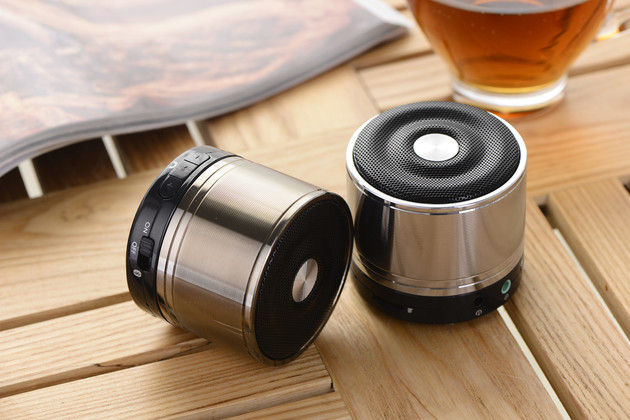
Photo/Shetuwang
May 27 (NBD) -- For its capacity of helping with cooking, chatting and playing idioms solitaire games, Chinese tech giant Baidu's XiaoDu AI Speaker recently triggered heated discussions thanks to its accompanying role in hit variety show Back to Field.
The smart speaker industry seems on a path of recovery from the cooling-off at the end of 2017 when small players kept exiting the business amid the red-hot competition.
Strategy Analytics' latest research shows that worldwide shipments of smart speakers grew 95 percent year over year to 38.5 million units in the fourth quarter of last year, bringing the 2018 tally to 86.2 million units. The figure for 2019 will soar to a whopping 140 million units, the world's famous market research firm predicted.
In China, in the first quarter of this year, 10.6 million smart speakers were delivered, up nearly 500 percent from a year ago, according to data from Canalys. Baidu, Alibaba and Xiaomi delivered a total of 9.7 million units in the first three months of this year, leaving little space for other players.
Jing Kun, director of the Xiaodu speaker division and vice president at Baidu, said to National Business Daily (NBD) that marketing, hardware technologies and user experience are key to win a success in the smart speaker industry. "There used to be a lot of smart speaker makers, but without marvelous user experience, there will be no such thing as word-of-mouth advertising," Jing commented.
Though the smart speaker market is now much less crowded than before as small companies had been weeded out, big players didn't put an end to subsidy wars.
Hefty subsidies are inseparable to the market cultivation as buyer demand for smart speakers is not rigid, and only with a certain number of users can a company monetize its products and gain a bigger say over supply chain and developers, thereby sharpening the competitive edge, Dong Min explained to NBD. Dong is vice president of AVC, a provider of big data technologies and applications in vertical areas.
According to Jing, the subsidy war will continue in the next one to two years. But it remains unknown when Baidu will remove the subsidies for smart speakers.
How to monetize the user base will be a challenge when subsidies end, noted David Mercer, vice president at Strategy Analytics. "It will be interesting to see how each player addresses this challenge," Mercer remarked.
Baidu is now focusing on improving user experience and expanding the user base, and the company might incorporate some membership services into Xiaodu smart speakers and charge for specific contents in the future, Jing revealed.
Serving as an instrument for voice control, XiaoAi speaker HD plays a strategically critical role in the Smartphone & AIoT strategy unveiled by Xiaomi in early 2019, said Dong. The smart speaker will be connected with the company's numerous IoT hardware products to help expand Xiaomi's presence in the IoT sector.
Email: lansuying@nbd.com.cn


 川公网安备 51019002001991号
川公网安备 51019002001991号





